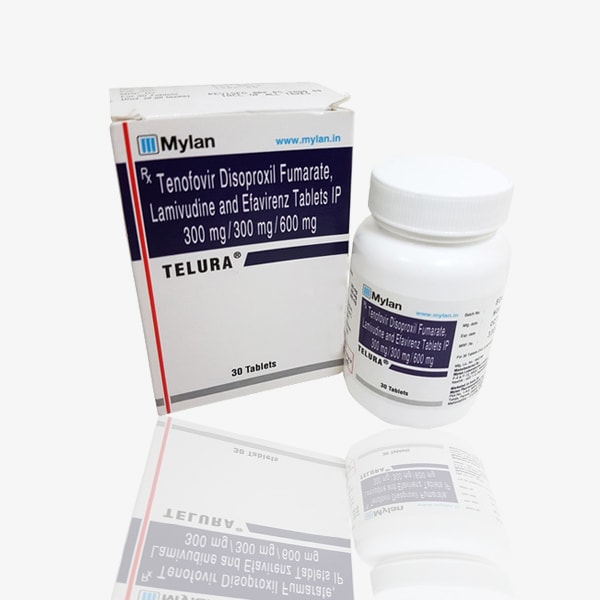

Buy Telura : Tenofovir, Lamivudine & Efavirenz Tablet 30’S Online
$64.05
Brand Name : Telura
Composition : Tenofovir DF, Lamivudine & Efavirenz
Manufactured by : Mylan Pharmaceutical Pvt. Ltd.
Strength : Tenofovir DF 300 mg, Lamivudine 300 mg and Efavirenz 600 mg
Form : Tablets
Packing : Pack of 30 Tablets
Prescription Required *
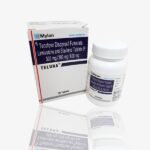
Buy Telura : Tenofovir, Lamivudine & Efavirenz Tablet 30’S Online
$64.05
- Description
- Reviews (0)
Description
Description: Telura is a medication that combines three active ingredients: tenofovir disoproxil fumarate, lamivudine, and efavirenz. It is used in the treatment of human immunodeficiency virus (HIV) infection. Tenofovir, lamivudine, and efavirenz are antiretroviral drugs that work by inhibiting different stages of the HIV replication cycle, ultimately reducing the viral load and slowing down the progression of the disease.
Indications: Telura is indicated for the treatment of HIV-1 infection in adults. It is used as part of a combination therapy regimen, usually in combination with other antiretroviral medications, to achieve and maintain viral suppression and improve immune function.
Mechanism of Action: Tenofovir disoproxil fumarate is a nucleotide reverse transcriptase inhibitor (NRTI) that inhibits the activity of HIV reverse transcriptase, an enzyme essential for viral replication. Lamivudine is also an NRTI that works by a similar mechanism, interfering with viral DNA synthesis. Efavirenz is a non-nucleoside reverse transcriptase inhibitor (NNRTI) that binds to and inhibits the activity of HIV reverse transcriptase.
Administration: Telura is administered orally in the form of tablets. The recommended dosage is usually one tablet taken once daily, preferably on an empty stomach or with a light meal. The tablets should be swallowed whole with a full glass of water.
Side Effects: Common side effects of Telura may include nausea, vomiting, diarrhea, headache, dizziness, and fatigue. Some patients may experience more serious side effects, such as liver toxicity, changes in mood or mental health, or skin reactions. Patients should report any persistent or severe side effects to their healthcare provider promptly.
Precautions: Before initiating treatment with Telura, healthcare providers should assess the patient’s medical history, including any history of liver or kidney disease, mental health disorders, or other medical conditions. Regular monitoring of liver function tests, kidney function tests, and viral load is typically recommended during treatment. Telura may interact with certain medications, so patients should inform their healthcare provider about all medications they are taking.
Telura offers a highly effective and well-tolerated treatment option for HIV-1 infection when used as part of a comprehensive antiretroviral therapy regimen. However, treatment decisions should be made in consultation with a healthcare provider, considering factors such as treatment history, potential drug interactions, and individual patient characteristics.
Be the first to review “Buy Telura : Tenofovir, Lamivudine & Efavirenz Tablet 30’S Online” Cancel reply
Related Products
Buy Alltera : Ritonavir & Lopinavir Tablets Online
Total Sales: 0
SKU: 817116
Buy Atazor : Atazanavir 300 mg Capsules Online
Total Sales: 0
SKU: 639247
Buy Isentress : Raltegravir 400 mg Tablets 60'S Online
Total Sales: 0
SKU: 747591
Buy Lamivir HBV : Lamivudine 100 mg Tablets Online
Total Sales: 0
SKU: 494777
Buy Ritomune : Ritonavir 100 mg Tablets Online
Total Sales: 0
SKU: 318178



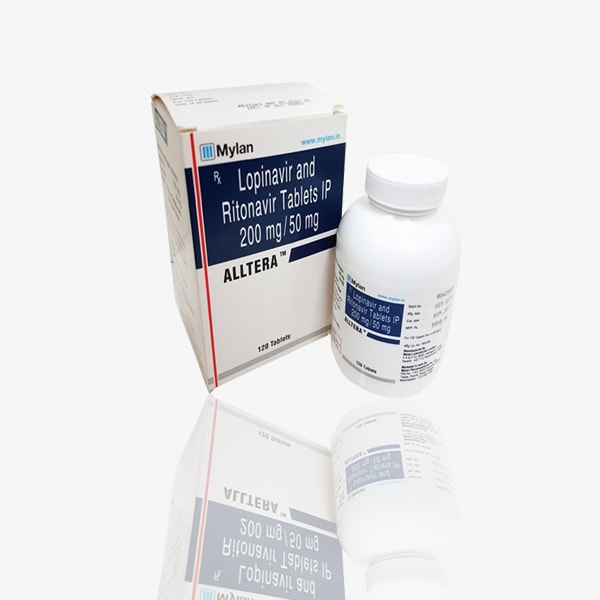

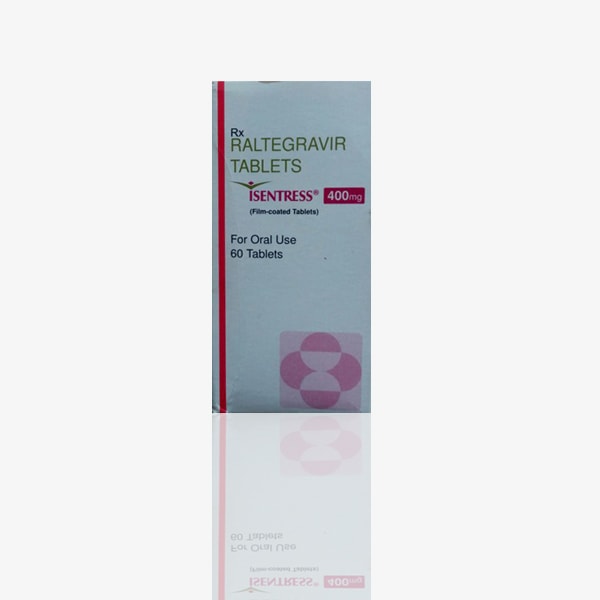
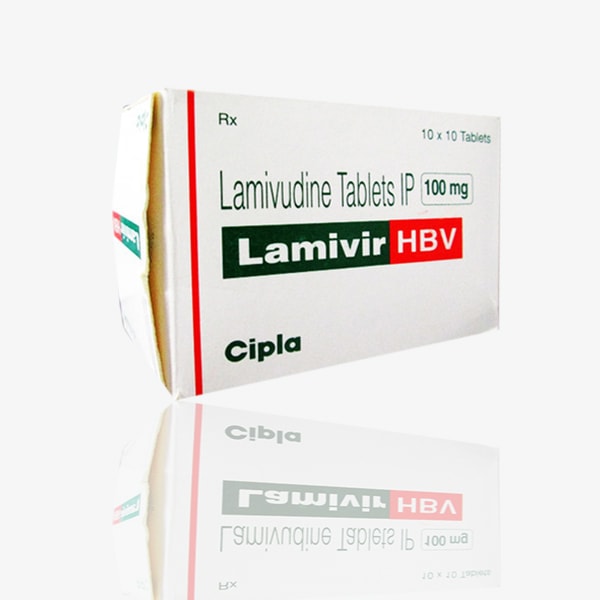
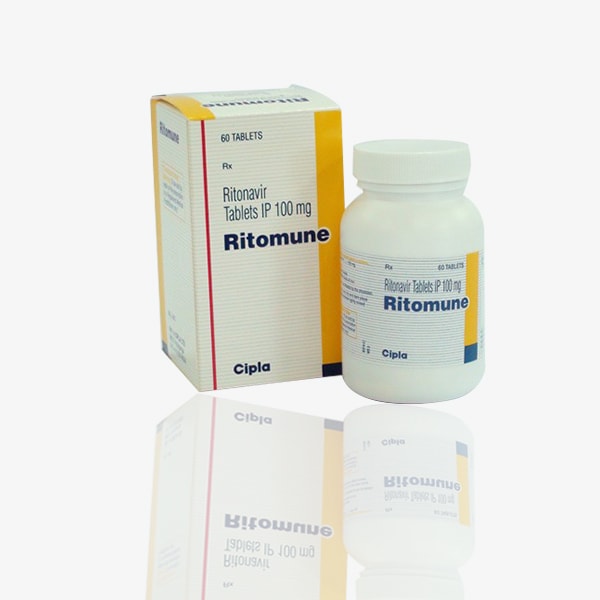
Reviews
There are no reviews yet.